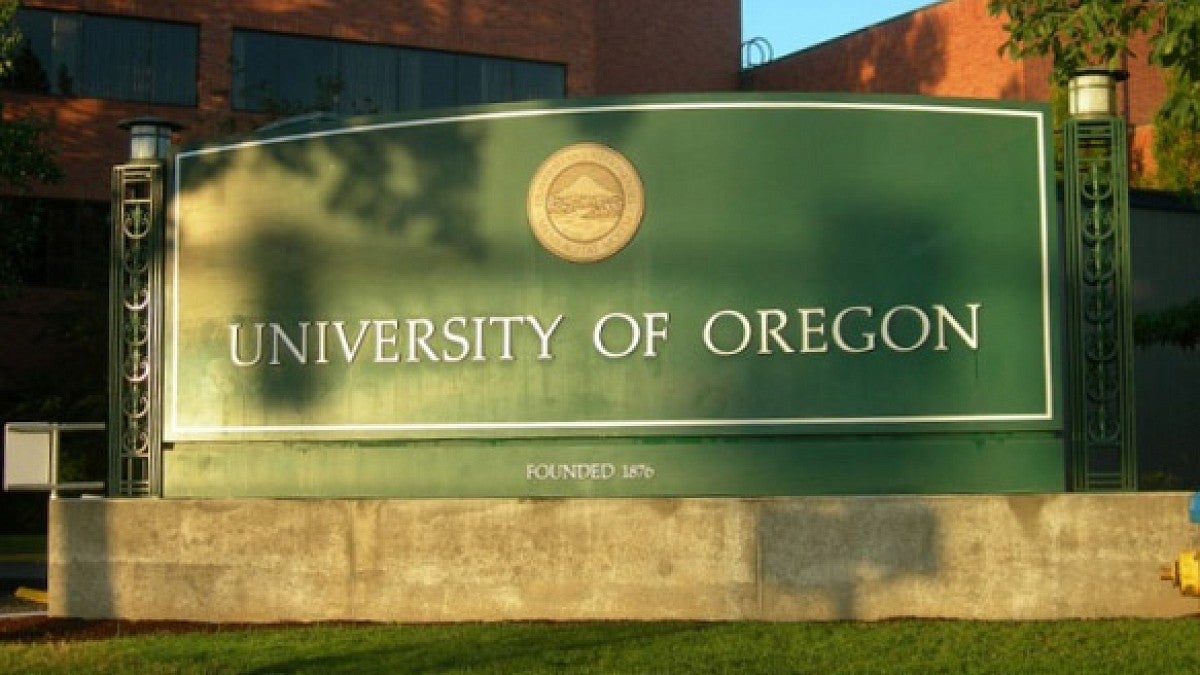While the University of Oregon continues to face financial challenges due to the COVID-19 pandemic, the university will not implement progressive pay reductions for faculty or officers of administration as a cost-savings measure.
“We are extremely pleased to let our faculty and staff know that, thanks to their hard work and dedication, we have been able to blunt our most immediate financial challenges and we won’t be reducing salaries due to COVID-19 impacts,” President Michael H. Schill said. “I am so grateful to every employee for their dedication to our students, research and service. Thank you for helping us weather the challenges of the last year and for our incredible resilience.”
Jamie Moffitt, the UO’s chief financial officer, said the significant savings achieved from the hiring and pay action freezes, voluntary leadership salary reductions, ban on nonessential travel, and other measures has helped offset pandemic-related short-term losses.
The passage of the federal American Rescue Plan provides significant one-time financial support to the university and students. Positive indications about funding from the state Legislature also gives some additional assurance, Moffitt said.
University leaders met with leaders from United Academics and the Officers of Administration Council to discuss recent news about federal funding, the state budget and enrollment.
"We appreciate the quickness and amenability of the administration’s response to our request to rescind the PPR," said Chris Sinclair, president of United Academics. "The whole process has been a great example of how the faculty union and the administration can work together when we put the interests of our students and the entire campus community at the forefront. We look forward to continuing to work with the administration to make the fall term an amazing term for everyone."
Anna Duncan and Brady Nittman, co-chairs of the OA Council, offered a statement of appreciation:
“The OA Council recognizes the incredible dedication of the OA community, and everyone on campus, during this uncertain time when many of us have seen increased workloads and responsibilities while having to navigate different ways of doing work. Our employees' adaptability, hard work, and perseverance are truly the foundation of the university.”
The university and its employees will continue to seek support from the Legislature and federal government to help students and higher education recover from the significant impact of the pandemic.
The pay reduction plan would have applied to faculty members and officers of administration. Compensation for other employment groups is provided under applicable collective bargaining agreements. Moffitt and Mark Schmelz, chief human resources officer, said they are grateful for the efforts across campus to address the financial and operational challenges of the pandemic.
Moffitt cautioned that while the current budget is stable enough to remove the possibility of the progressive pay reduction, the university still faces considerable financial risks in the future.
“We are pleased that we will not need to make the reductions in compensation that many of our peer universities have made,” she said. “However, the reduction in first-year enrollment this past fall due to COVID-19 will make our budget situation extremely difficult for the next three years.”
Those missing first-year students will create a smaller class of returning second-year students next year, third-year students the following year, and so forth, Moffitt said.
“We will all need to find ways to keep our recurring spending in check during this time period.”
Two factors that will dramatically affect the institution’s financial stability are the level of state appropriation the UO receives next year and the size of the first-year undergraduate class that enrolls this fall.
Moffitt said the university will keep other cost savings measures, such as the temporary hiring and pay action freezes, in place in order to keep expenditures as low as possible until more information is available on state appropriations and fall enrollment.


